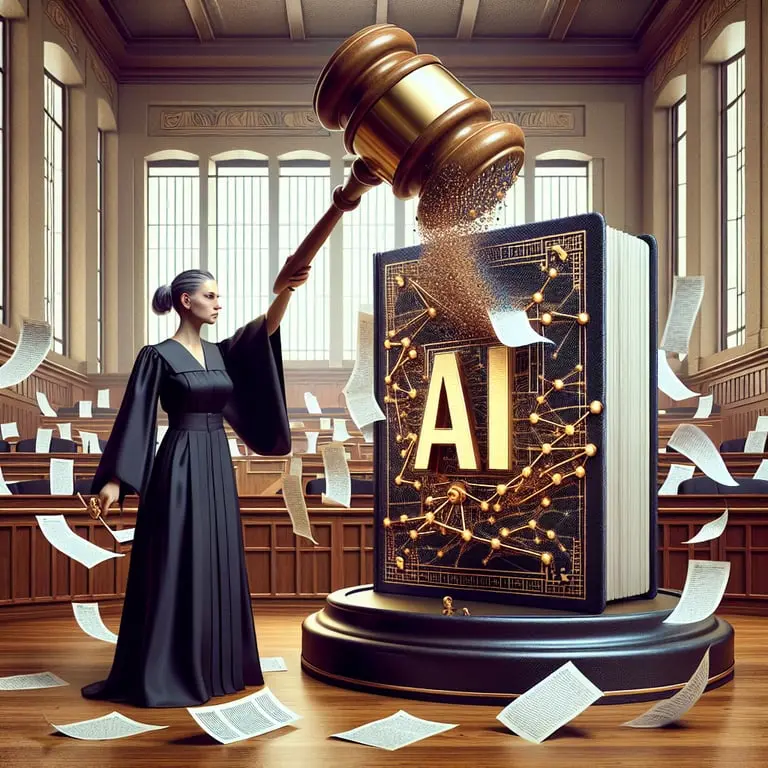U.S. Federal Court Condemns Fabricated AI-Generated Citations in Motion to Dismiss Briefs
- Waboga David

- Aug 3, 2025
- 2 min read

The U.S. District Court in the case of Thomas Dexter Jakes v. Duane Youngblood, Civil Action No. 2:24-cv-1608 has ordered defense counsel Tyrone A. Blackburn to show cause why he should not be sanctioned for submitting court filings containing fabricated quotations and misrepresented case law—allegedly generated by AI tools.
The Court emphasized that use of generative AI does not absolve attorneys of their ethical and professional obligations, citing violations of Federal Rule of Civil Procedure 11(b) and Pennsylvania Rule of Professional Conduct 3.3.
Key Highlights:
Defense briefs included false quotations, even misquoting the judge’s own prior ruling in the same case.
Plaintiff identified the issues; defense counsel failed to respond meaningfully and instead attempted a tu quoque (blame-shifting) defense.
The Court found no fabrication in the Plaintiff’s brief but repeated and serious violations in both the defense's original and reply briefs.
The Court strongly condemned the conduct as an “ethical violation of the highest order.”
In response, defense counsel withdrew from the case, but the Court proceeded to issue a show cause order for sanctions.
Take Away:
This case serves as a stark warning to legal practitioners: reliance on AI tools like ChatGPT or others in drafting legal documents must be verified for accuracy. Attorneys remain personally responsible for all filed content, regardless of its origin. Fabrication—whether by machine or human—will be treated with the full weight of judicial sanction.
For Legal Professionals:
Always independently verify AI-generated citations and quotations before filing. Courts are increasingly alert to AI "hallucinations" and have zero tolerance for deceptive or negligent use in legal proceedings.
Read the case below





.jpg)

Comments